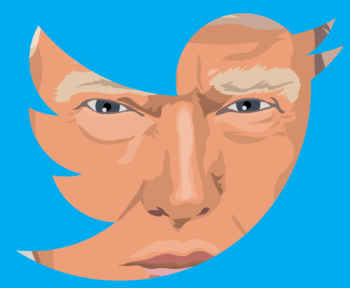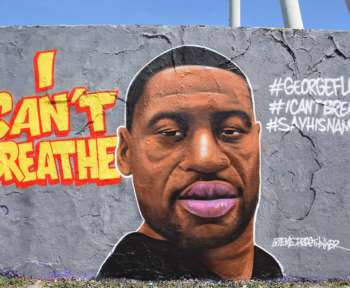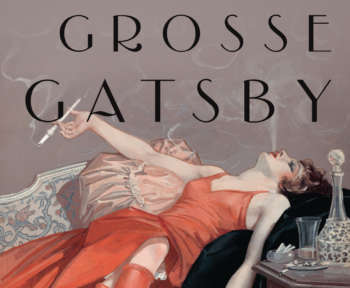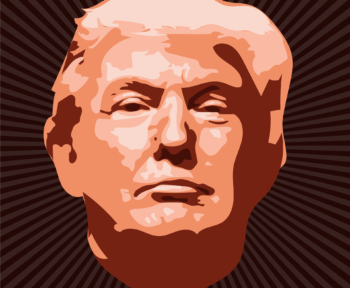Rassismus, Homophobie. Misogynie: Kann schlichte soziale Ignoranz all diese Probleme wirklich lösen?
In recent years, the general public has become more aware of social justice and inherently mistakes and actions of celebrities or famous people. This has led to a phenomenon called „cancel culture”.
Hold people of their actions
The idea of “cancel culture” is to hold people of their actions, which can vary from racism, homophobia, misogyny and transphobia, accountable. This has, in theory, ultimately led to people being “cancelled”, which means people stopping to support and to boycott them. On one hand, holding people accountable for their actions is something that is vital for a functioning society, but critics claim that this “cancel culture” is toxic and destroys people and their lives. But how real is “cancel culture” actually? Can it really end someone’s career? And how important is someone’s cancellation for the people?
“Cancel culture” in practice
Well, like most things there isn’t one right answer. Being cancelled often depends on who you are, why you are cancelled, and how many people cancel you. There have been celebrities, who have been cancelled, and because of that their careers have suffered or there were consequences from actual law enforcement. A good example for this is R. Kelly, as his actions of sexual misconduct were actually horrible enough for him to be imprisoned. But in most cases, one would have to say, that “cancel culture” isn’t as effective as critics claim it to be.
Often famous people get „cancelled” by a too small group of people for something that isn’t deemed as bad enough to effectively get someone cancelled or the person who is being cancelled is almost immune to cancellation. An example for that would be Logan Paul, an American youtuber, who has been cancelled numerous times, ranging from having questionable views on abortion to the extent of filming a dead body and putting it on his YouTube channel. Even though he has been deemed as cancelled numerous times, he still has over 21 million subscribers to this date.
It has to be said that in comparison to all the people who watch YouTube, watch TV, listen to music or just generally support famous people in a way, the people who cancel people are part of a minority. This leads to people not always knowing that the person, whose art or product they’re enjoying and consuming, did something subjectively bad. An example
for that is Woody Allen, as he is one of the most influential and successful directors of the past few decades, but has been accused for sexual misconduct, which hasn’t stopped his movies from being successful. One might say that “cancelling” people only works, if their target audience is made of people who are aware of “cancel culture”, aka younger people.
But even people, whose target audience is teens, don’t always get cancelled, in a way that their careers are affected. This applies to Jeffree Star, another youtuber, who has made incredibly racist and sexist statements and has been called out multiple times for bashing people and saying things that can be considered as bullying, while still having over 18 million subscribers on his YouTube channel. Or Chris Brown, who didn’t only assault Rihanna in 2009, until she had to be hospitalized, but also had multiple confirmed accusations of domestic abuse and felony assault, but still to this day has a thriving music career and over 27 million monthly listeners on Spotify.
Not as effective as desired
In conclusion, it can be said, that, even though at times cancel culture leads to people losing fans and actually experiencing consequences from their actions, most times it leads to people either only being “cancelled” for a short period of time, so that their careers aren’t effected, or only being seen as “cancelled” by not enough people for it to actually make a difference. So, even though the constant calling out of people for maybe even small mistakes may be seen as toxic, the actual damage “cancel culture” does to most celebrities is very small. In my personal opinion, “cancel culture” isn’t as effective at destroying people, as people claim it to be, as we can see multiple celebrities doing subjectively wrong and bad things, but not actually suffering under the power of “cancel culture” and still having a thriving career.










